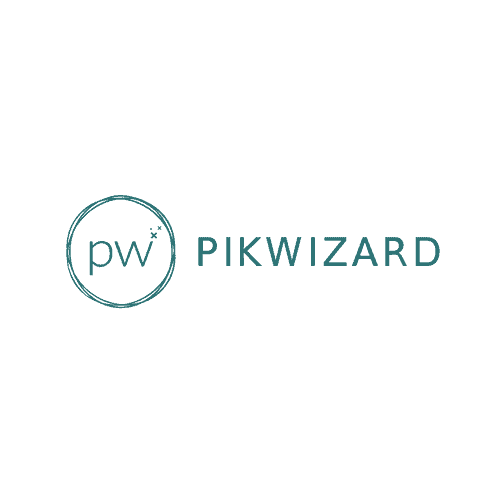The Project Management Professional (PMP) certification is a highly regarded credential for project managers worldwide. Earning the PMP certification demonstrates your knowledge, skills, and expertise in project management. If you’re a beginner looking to pass the PMP certification exam, this comprehensive guide will provide you with essential tips and strategies to help you succeed.
Have a peek at this site: https://cciedump.spoto.net/pmp-answers-questions.php
Understand the PMP Exam Requirements:
Before diving into your exam preparation, familiarize yourself with the PMP exam requirements set by the Project Management Institute (PMI). Ensure that you meet the eligibility criteria, which include a minimum of three years of project management experience (or a bachelor’s degree with 4,500 hours of experience). Additionally, you’ll need to complete 35 hours of project management education.
Get Familiar with the Exam Content:
The PMP exam is based on the Project Management Body of Knowledge (PMBOK) Guide, which serves as the primary reference. Review the PMBOK Guide thoroughly to gain a comprehensive understanding of project management concepts, processes, and best practices. Familiarize yourself with the five project management domains: Initiating, Planning, Executing, Monitoring and Controlling, and Closing.
Create a Study Plan:
Develop a study plan that outlines your goals, study materials, and a timeline for completing your preparation. Break down the PMBOK Guide into manageable sections and allocate specific study time for each domain. Consider your learning style and preferences when creating your plan, and ensure that it is realistic and tailored to your schedule.
Utilize Study Resources:
Gather a variety of study resources to enhance your understanding and grasp of project management principles. In addition to the PMBOK Guide, explore additional study materials such as PMP exam prep books, online courses, video tutorials, and practice tests. Utilizing multiple resources can provide different perspectives and reinforce your knowledge.
Practice with Sample Questions:
Practicing with sample questions is crucial for exam readiness. It helps you become familiar with the question format and improves your ability to analyze and select the correct answers. Invest in reputable PMP exam prep books or online platforms that offer a wide range of sample questions. Aim to answer questions from various domains to ensure comprehensive preparation.
Take Mock Exams:
Mock exams are invaluable for assessing your exam readiness and identifying areas for improvement. Allocate time to take full-length mock exams to simulate the actual exam experience. Analyze your performance, review the answers, and identify any knowledge gaps or weak areas. Use the feedback from mock exams to guide your further study and preparation.
Join Study Groups or Communities:
Joining study groups or online communities can provide valuable support and additional learning opportunities. Engaging with fellow PMP aspirants allows you to exchange ideas, discuss challenging topics, clarify doubts, and share resources. Collaborative learning can enhance your understanding and provide different perspectives on project management concepts.
Understand the Exam Format and Strategies:
Become familiar with the exam format and strategies that can help you maximize your performance. The PMP exam consists of 200 multiple-choice questions to be completed within a specific timeframe. Learn time management techniques such as answering easier questions first, flagging difficult ones for review, and allocating time accordingly. Develop strategies to handle questions that require calculations or scenario-based analysis.
Review and Revise Regularly:
Consistent review and revision are essential for retaining information and reinforcing your understanding of project management concepts. Set aside dedicated study time to regularly review the PMBOK Guide, your study notes, and practice materials. Focus on areas where you need more reinforcement and ensure that you have a solid grasp of all the project management knowledge areas.
Manage Exam Stress:
Exam stress is natural, but effective stress management techniques can help you stay focused and perform better. Practice relaxation techniques such as deep breathing exercises, meditation, or physical activity to reduce anxiety and improve concentration. Maintain a healthy lifestyle by getting enough sleep, eating well, and staying hydrated. Taking care of your well-being positively impacts your exam performance.
Look at here now: https://cciedump.spoto.net/pmp-answers-questions.php
Conclusion:
Passing the PMP certification exam requires thorough preparation, dedication, and a strategic approach. By understanding the exam requirements, getting familiar with the exam content, creating a study plan, utilizing study resources, practicing with sample questions and mock exams, joining study groups, understanding the exam format and strategies, reviewing and revising regularly, and managing exam stress, you can increase your chances of success as a beginner. Remember that consistent effort, determination, and a positive mindset are key to passing the PMP certification exam and advancing your project management career.






